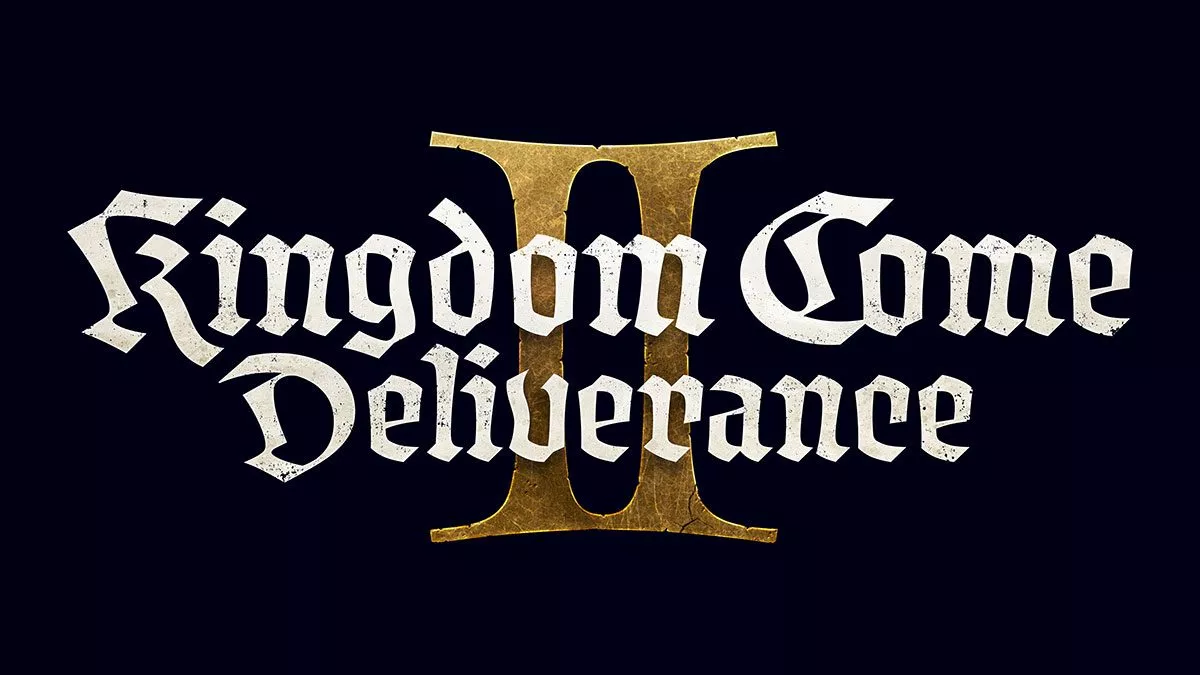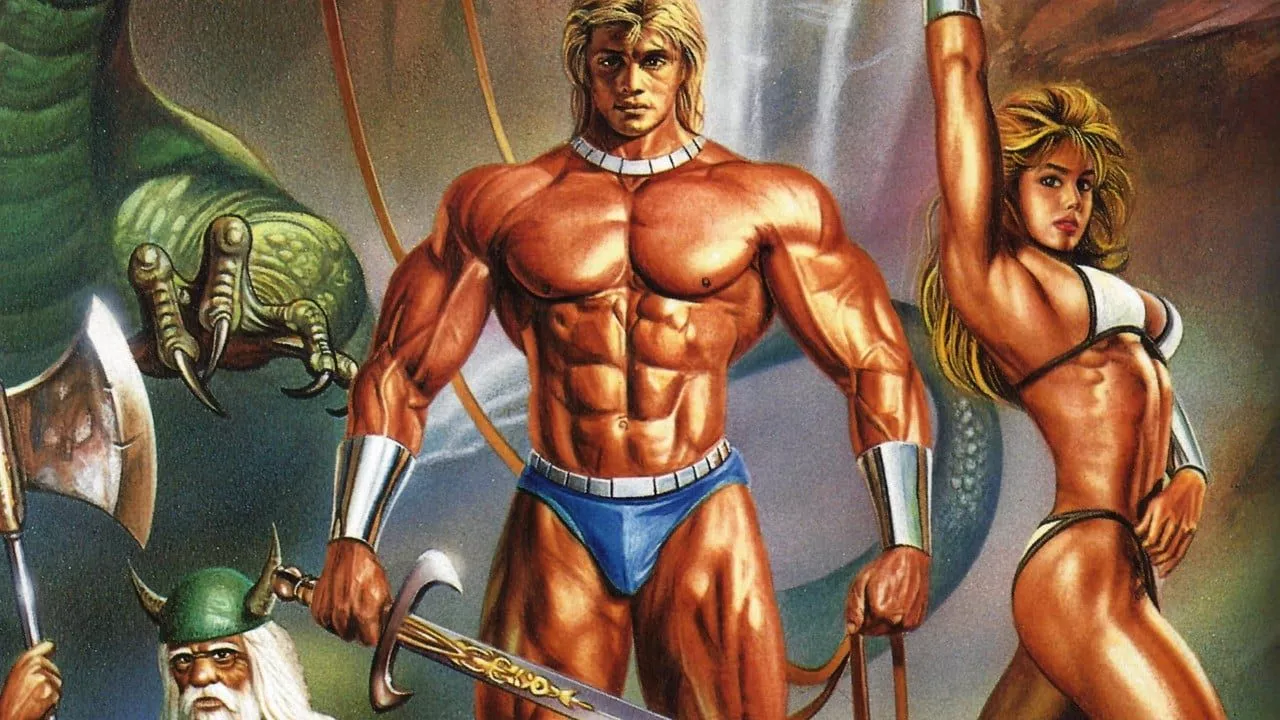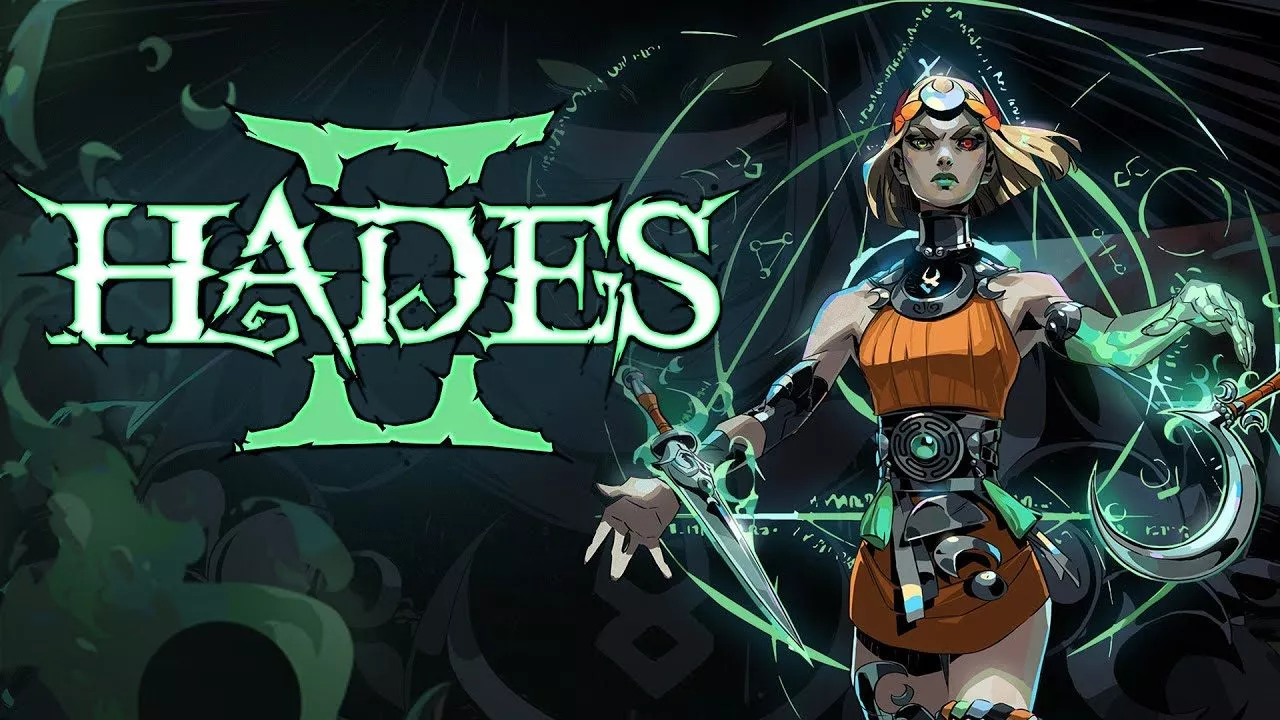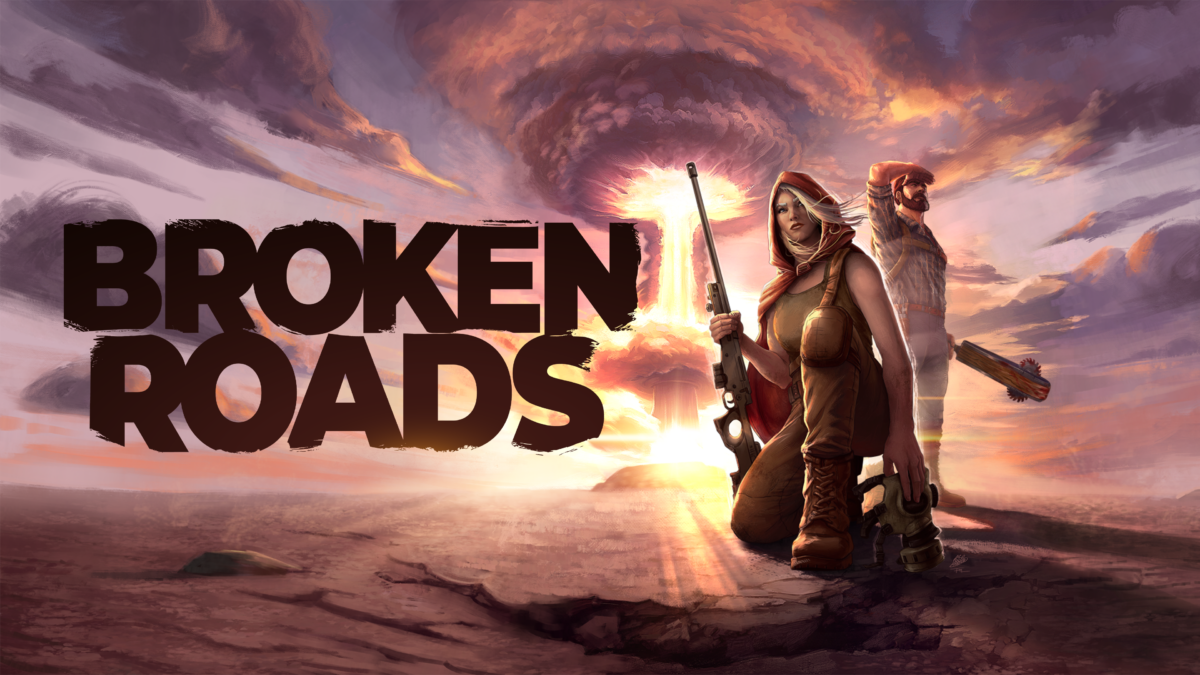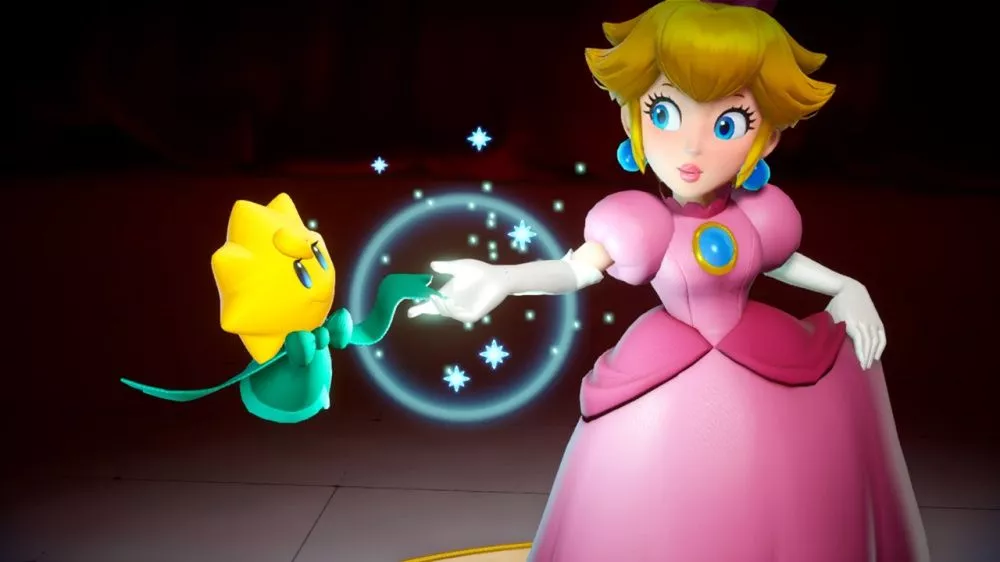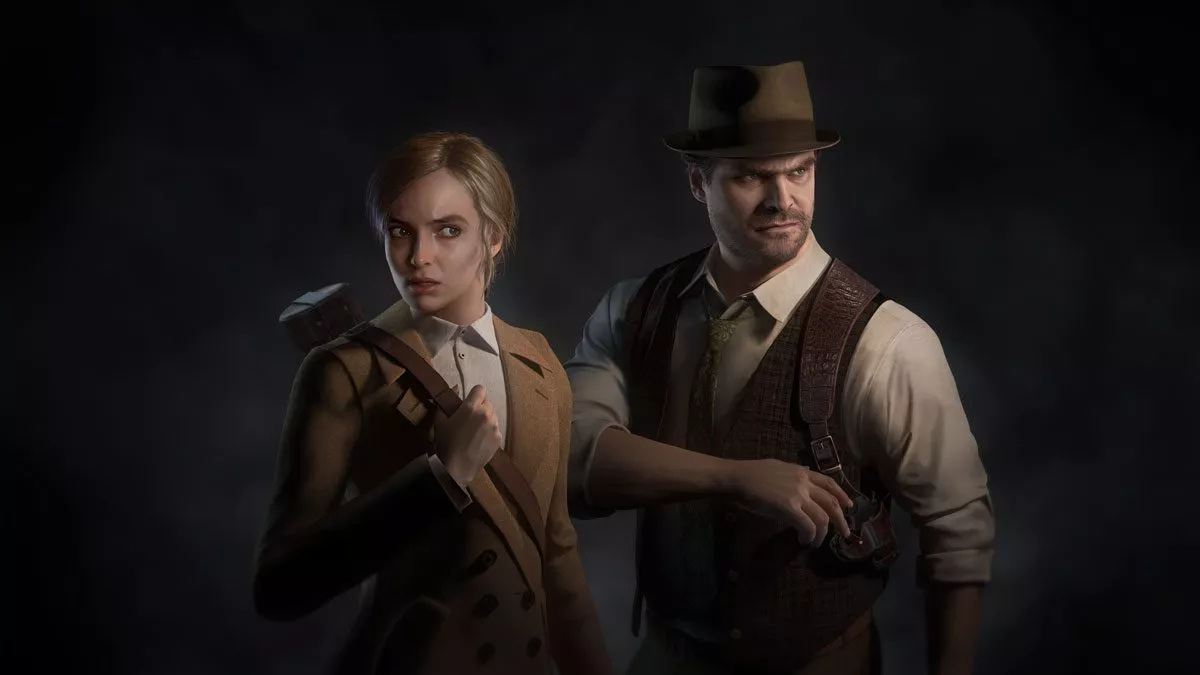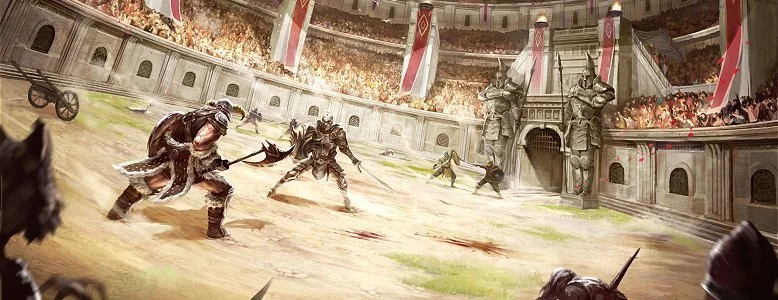Stevivor recently sat down with the Paul Dennen, Creative Director and Lead Designer, and Scott Martins, President, of Dire Wolf Digital, the studio behind The Elder Scrolls: Legends.
Legends today launched globally on PC and also on iPad here in Australia. We delved straight into lessons learned from the game’s PC beta, future expansions and more.
Steve Wright, Stevivor: We had the chance to check out Legends in its beta, months ago. What were the key takeaways from the exercise? And in the same vein, what were the design decisions you feel you’ve nailed from beta feedback?
Paul Dennen: One of the strengths of Dire Wolf as a studio is that we’ve got a really deep roster of high-level CCG players who work on our games, so we’re pretty good at spotting potential problems before they make it all the way through to players.
One of the biggest changes coming out of Beta feedback was removing the Support type from Elixir of Magicka – we found that players were destroying each other’s Elixirs, and that was having a bigger impact on the overall balance and enjoyability of the game than we expected.
Stevivor: And what wasn’t quite right, as you’ve learned from beta feedback?
Dennen: Well, we changed one card (Soulrest Marshal) twice, so that could have gone smoother. Sometimes there’s this idea that because there’s so much player feedback – forums, social media, Reddit – to process that developers aren’t listening or don’t care. This couldn’t be further from the truth! We read every single piece of player feedback that we can get our hands on; it all informs the design process, even when there’s no immediate action that players can see. A good example of this is card balance – we often get feedback that a particular card or combination or strategy is too powerful. This feedback is often accompanied by a request to change the abilities of a specific card. It’s easy to say, ‘Change this 5 to a 4, and the card will be easier to deal with.’ And while that might be true for that particular card, it tends to overlook the much more complicated question of how do all of these hundreds of pieces fit together into an enjoyable game – we have to look at the bigger picture and use all of the tools we’ve got to make the game as fun as we can.
So all of that said, even though we’ve got a solid team of very smart and passionate designers and developers, sometimes it takes 1000s of people (instead of 100s) to find where a play pattern or game balance decision isn’t quite hitting the desired result. That’s why we value community feedback so highly.
Stevivor: Legends has been compared to several card-based games – what elements do you feel make it unique in the genre?
Dennen: We don’t pretend that other games don’t exist – we play just about all of them! – but we look at Legends as very much its own experience. The Lane system (and special Lane rules) is a core part of decision-making and strategic gameplay: where you choose to deploy your creatures can be the difference between victory and defeat. Likewise, with Runes and Prophecy cards, the decision of when and how to break your opponent’s Runes contains a surprising amount of tactical depth – there’s always the possibility of a huge comeback sitting on top of their deck. Do you want to give them that chance? Can you sequence your actions to play around a Prophecy that you might encounter? There’s a lot there, and when you get a whole world of Elder Scrolls lore to explore as part of gameplay, we feel that Legends stands well on its own merits.
Stevivor: How’ve you balanced gameplay to cater to those used to titles like Magic or Hearthstone, and those Elder Scrolls fans that are new to the genre?
Dennen: At Dire Wolf, the core members of the team have been making strategy card games for nearly fifteen years, and we’re excited to now be a part of a time in gaming where the genre is more popular than ever. We’re fans of both games, but we consider Hearthstone and Magic at sort of opposite ends of a spectrum of complexity, and we think Legends has a strong role to play in between those ends. Obviously, fulfilling expectations for fans of The Elder Scrolls is even more important, so for example, we pay particular attention to the onboarding experience – what happens when players first begin their Legends adventure. And that care translates into things like the story of the Forgotten Hero where players gradually learn more about the five attributes, gameplay, and strategy while going on a quest across some familiar Elder Scrolls territory. By the end of the story, we hope both new players and veteran card gamers have discovered a lot about the game without feeling like they were reading a rulebook.
Stevivor: With a moniker like ‘Legends’, this title seems like integral to the Elder Scrolls experience. What’s your take on this title’s position in the grande scheme of the franchise itself?
Dennen: The team here at Dire Wolf are obviously honored and excited to be working with an IP that is so deep and successful, and that so many of our team members play and love. The Elder Scrolls [games] are full of epic adventures across a huge body of Tamriel’s lore. With Legends, we’re pulling back the curtain on stories that might not be as well known, or might not be the “official” version of events you’ll find written in the history books. In Legends, when you help retake the Imperial City from the Aldmeri Dominion, for example, you’re joining in a major battle from Elder Scrolls canon…but you’re doing it from a new perspective that’s been “lost” to recorded history. That’s what Legends is to us: the version of Elder Scrolls stories that you’d hear told over pints of mead at The Bannered Mare in Whiterun. Whether or not you actually believe those stories is up to you.
Stevivor: We know about one update heading to the game in April, but what other expansions are in the works?
Martins: There’s a lot coming to Legends in 2017: new Stories, new platforms, and — of course — new cards. Our first content update is “The Fall of the Dark Brotherhood” which is available on the fifth of April. This is a new PvE story that introduces more than 25 missions and 40 new cards to Legends. We’ll also have our first major expansion this Summer – we’ll reveal more about this at E3 in June.
Stevivor: What about the game haven’t you had a chance to talk about yet that you’d like to shine a spotlight on?
Martins: Legends is ultimately about its community of players, and the group that we’ve seen come together throughout Beta is awesome. With any card game, it’s like we create a huge array of colors for you to work with, but it’s the picture you paint with them that’s the real story. So if you haven’t been paying attention to what your fellow players are doing in Legends – the streams, the articles, the podcasts – the best advice I can give you is: go watch, listen, learn and join in.
The Elder Scrolls: Legends is available now on both iPad and PC here in Australia. We previewed it here.
This article may contain affiliate links, meaning we could earn a small commission if you click-through and make a purchase. Stevivor is an independent outlet and our journalism is in no way influenced by any advertiser or commercial initiative.


